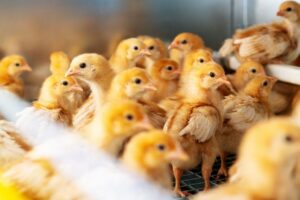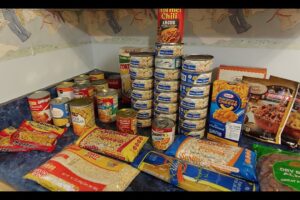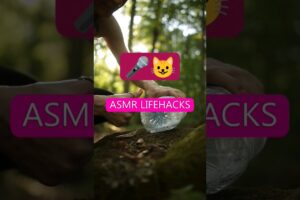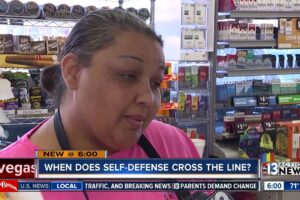Amazing garden day. More sweet potatoes than we ever imagined. The garden is still supplying healthy organic food in October! More to come.
↓↓↓↓↓↓↓↓↓↓↓ Resources for Healthy Homestead Living ↓↓↓↓↓↓↓↓↓↓↓↓
Here’s the e-mail:
So many people have told us that they haven’t fermented because they are afraid of getting sick. Is that you? Do you really want to add fermented foods to your diet, but fear has held you back?
We wanted to talk about botulism here because of all the food borne illnesses it can be the most terrifying.
I dealt with these fears also. In fact, my first batches of fermented foods I wouldn’t even feed to my kids. I just ate them myself. I was my own guinea pig. I really wanted all the benefits of fermented foods for my family, but even after I started, I was afraid.
Why is botulism so scary? You can’t smell it or see it. It’s highly toxic, and even small amounts can kill you. Poisoning results in respiratory failure, paralysis and death.
I went on a deep dive and did my own reading and research. What I learned brought me to where I am now, fearlessly fermenting and sharing fermented foods with my family.
What I learned is that fermenting is fundamentally safe. In fact, fermenting CAN be safer than canning or eating raw vegetables.
The natural process of fermentation makes fermented food safer and safer as time passes (within reason).
Think about it:
Any bad bacteria that is initially in your fermenting food, you put in the jar. These baddies – botulism, e-coli and staff – are everywhere. Botulism spores are commonly found in soil. They are in your garden. They are on your veggies.
The amazing thing about fermenting is that it creates an environment that will kill bad bacteria.
Ever wonder why they say: “Don’t feed a baby honey?” It’s because honey sometimes contains botulism spores. Then why can adults eat honey? It’s because we have an acidic gut AND abundant good bacteria that protect us, and the spores cannot multiply and create their toxin in that environment. The acidic environment AND abundant good bacteria of a ferment provides the same protection.
But fermented foods don’t just kill botulism. They can provide this protection from many different pathogens. Remember when we said fermented vegetables can be safer than fresh vegetables?
With what you’ve learned so far would you rather:
—Eat e-coli contaminated California lettuce in a salad
—Eat the same lettuce fermented? (Not a common ferment)
It’s an easy answer for me.
But don’t just take my word that fermenting is generally safe. When fermenting safety expert Fred Breidt said,
“Risky is not a word I would use to describe vegetable fermentation…it is one of the oldest and safest technologies we have,”
He’s not speaking out of ignorance. In fact he is a microbiologist and one of the USDA’s top scientists specializing in acidified food and fermenting safety.
I was talking to him on the phone this morning (quote is from a book, not our conversation) and GUESS WHAT – not only is he an expert: HE IS A HOME FERMENTOR. How cool!
If the top expert on fermenting safety ferments at home. WHY NOT YOU?
I’m not telling you there is NO risk in fermenting. I AM telling you it will be one of the safer things you do every day. Dig deeper. Do your own reading. Just know: it’s not a risky thing to do.
Ok, this sounds more like a sales email for FERMENTING than for OUR Fermenting Foundations course. That’s ok. We are passionate about you getting into fermenting–to meet your health goals and for the wonderful rich flavor it can bring to your diet–whether you learn with us or on your own. And we don’t want people to be afraid.
If today I convinced one person to try fermenting at some point in the future, than this email was a success.
But if you want to START FERMENTING NOW and master basic VEG fermenting over the next few weeks with abundant personal support
Check out our course: https://artandbri.kartra.com/page/KxG190
Have a great day!






















